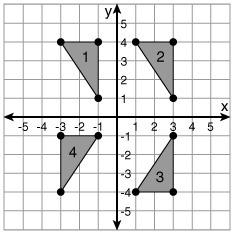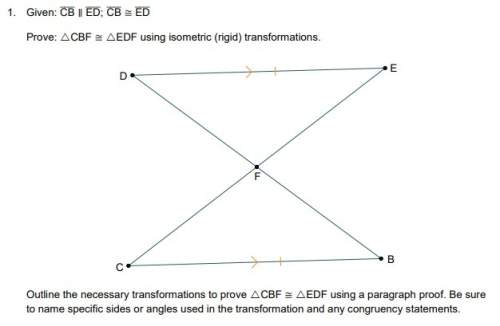Differentiate the following by using the product rule:
(a) (9x^2-2)(3x-1) (c) x^2(4x+6) (e) (...

Mathematics, 08.08.2019 03:20 hdjehd
Differentiate the following by using the product rule:
(a) (9x^2-2)(3x-1) (c) x^2(4x+6) (e) (2-3x)(1+x)(x+2)
(b) (3x+10)(6x^2-7x) (d) (ax-b)(cx^2) (f) (x^2-3)x.1

Answers: 2


Another question on Mathematics

Mathematics, 21.06.2019 13:40
Show algebraically that f and g are inverse functions f(x)=x^2/-6; g(x)=square root of 2x+12
Answers: 1

Mathematics, 21.06.2019 17:30
Danielle earns a 7.25% commission on everything she sells at the electronics store where she works. she also earns a base salary of $750 per week. what were her sales last week if her total earnings for the week were $1,076.25?
Answers: 3


Mathematics, 21.06.2019 18:30
An optical inspection system is used to distinguish among different part types. the probability of a correct classification of any part is 0.92. suppose that three parts are inspected and that the classifications are independent. let the random variable x denote the number of parts that are correctly classified. determine the probability mass function of x. round your answers to four decimal places (e.g. 98.7654). x f(x) 0 1 2 3
Answers: 2
You know the right answer?
Questions


Chemistry, 25.10.2019 19:43

Business, 25.10.2019 19:43



Mathematics, 25.10.2019 19:43

History, 25.10.2019 19:43

Business, 25.10.2019 19:43

Chemistry, 25.10.2019 19:43


Biology, 25.10.2019 19:43



Spanish, 25.10.2019 19:43

Mathematics, 25.10.2019 19:43


Social Studies, 25.10.2019 19:43

Biology, 25.10.2019 19:43

Mathematics, 25.10.2019 19:43





